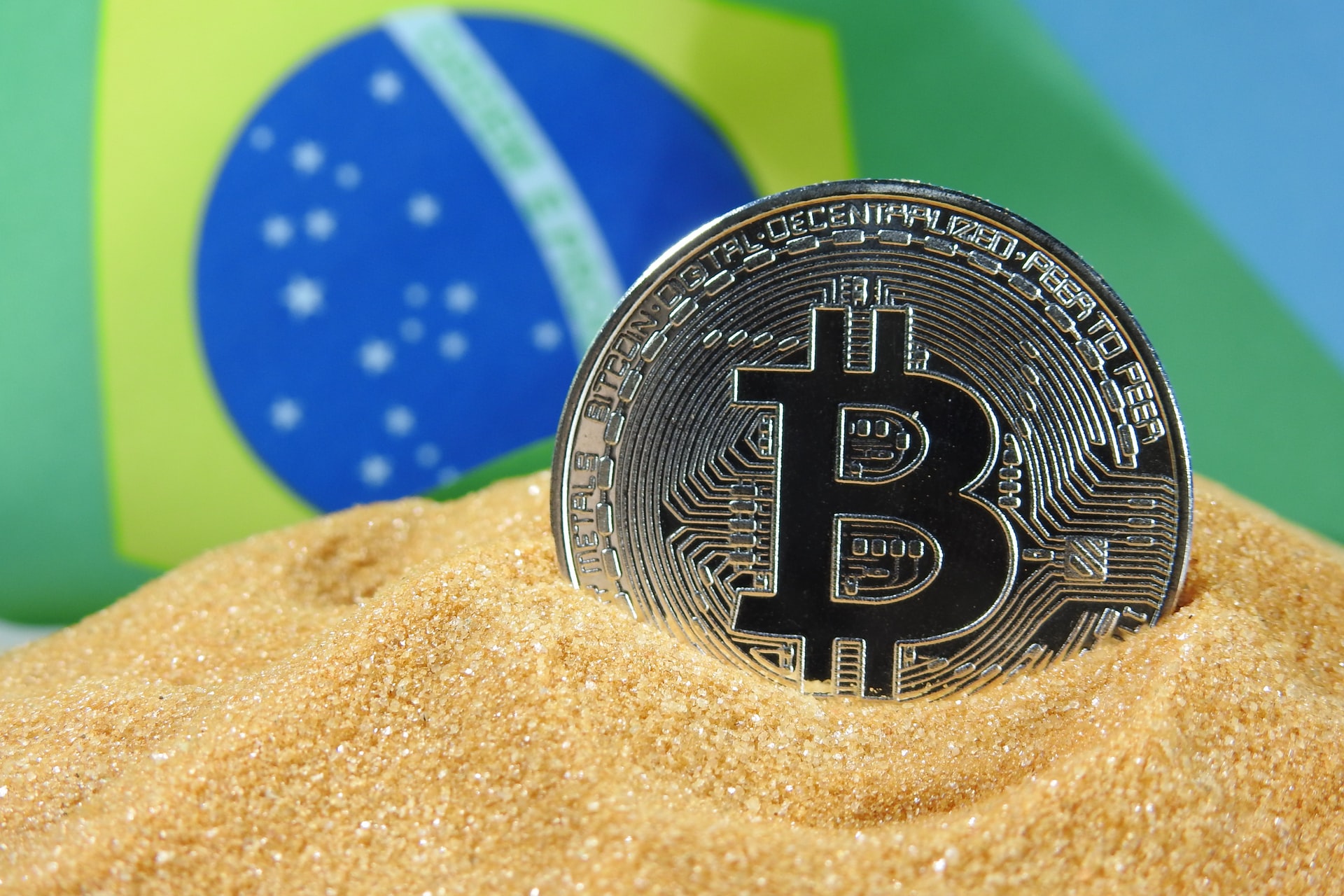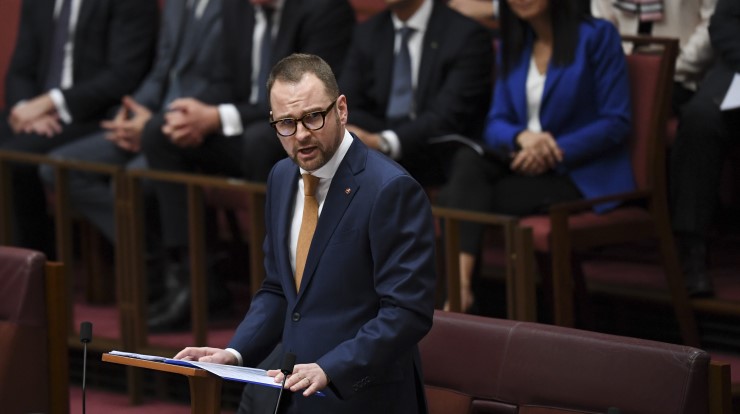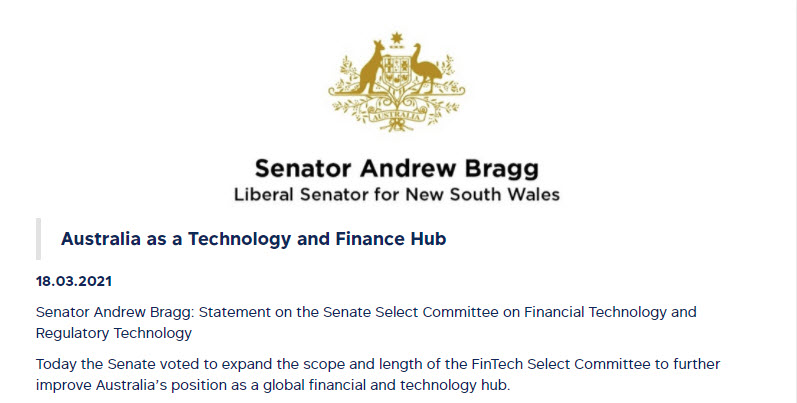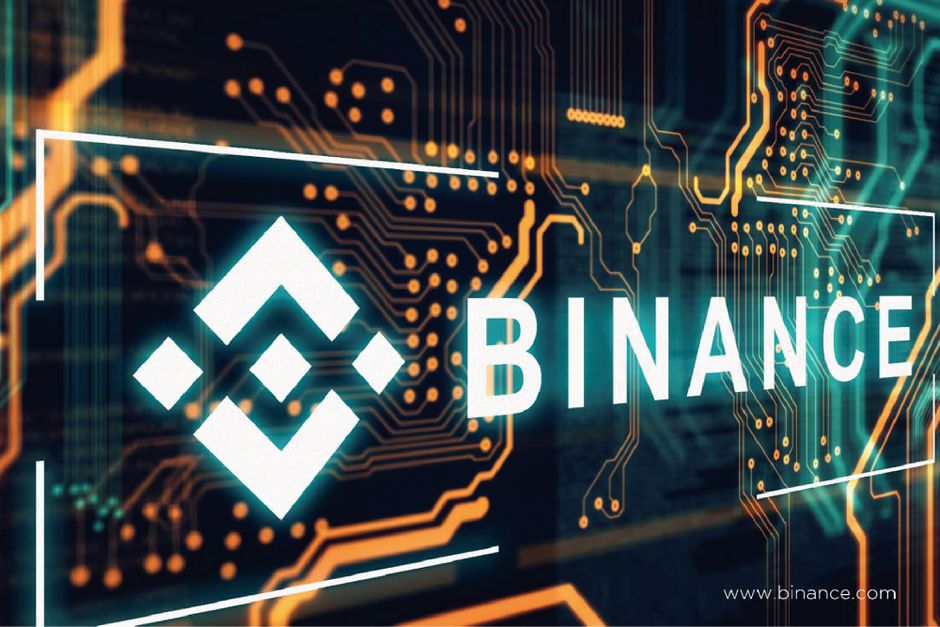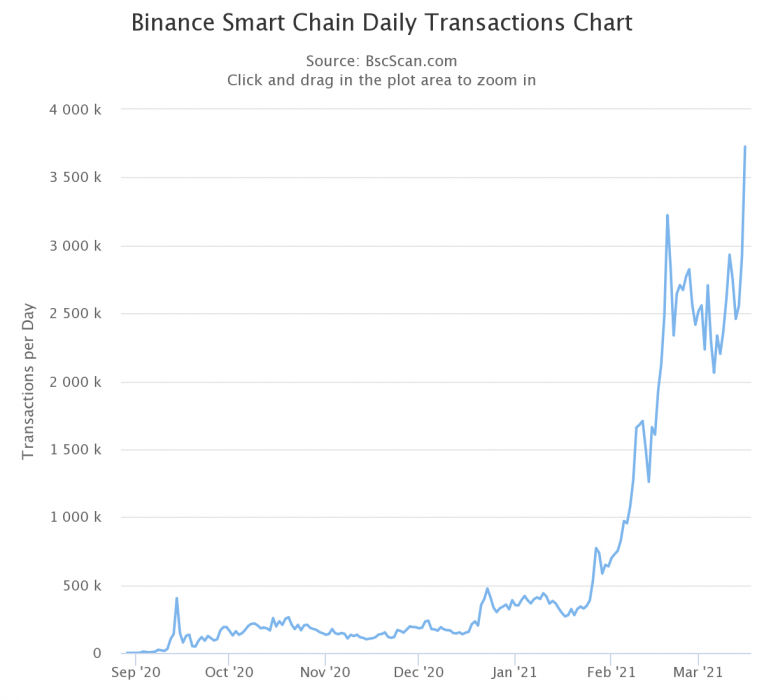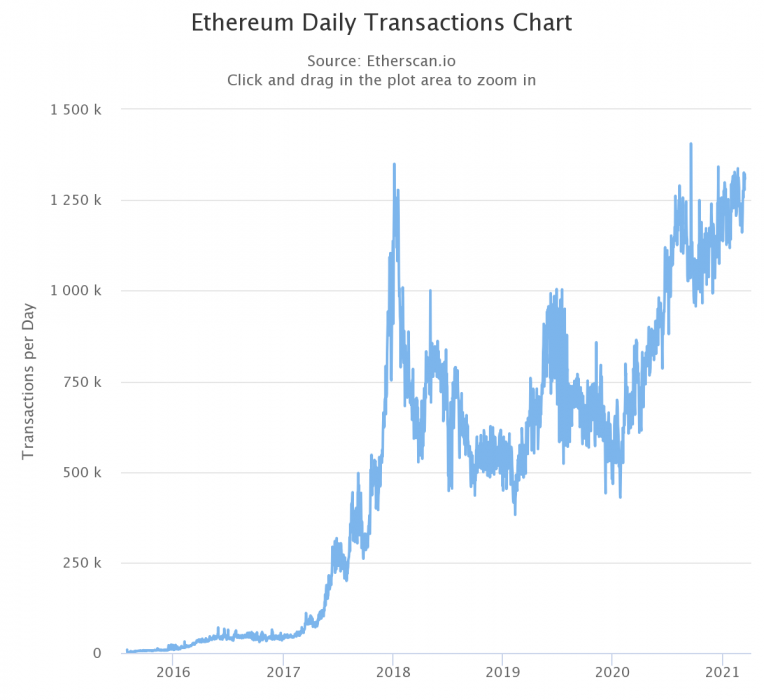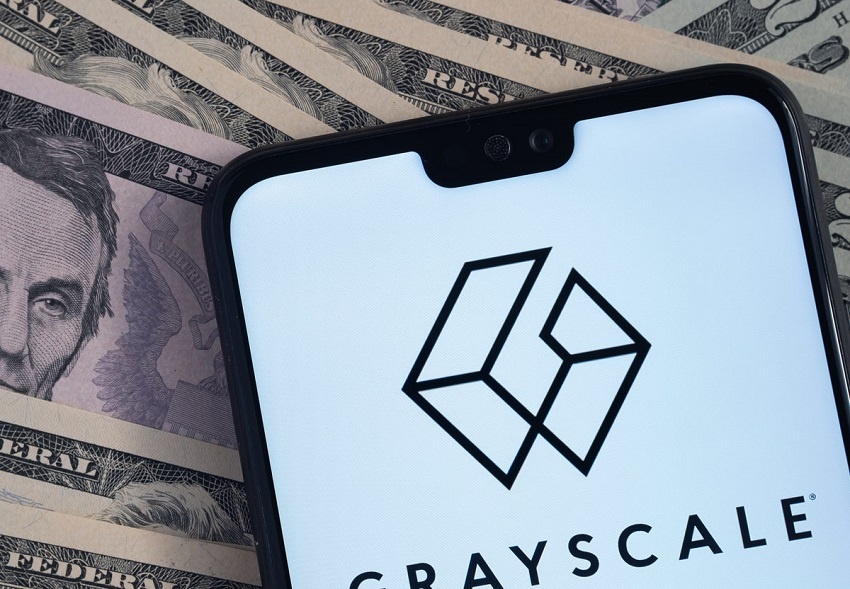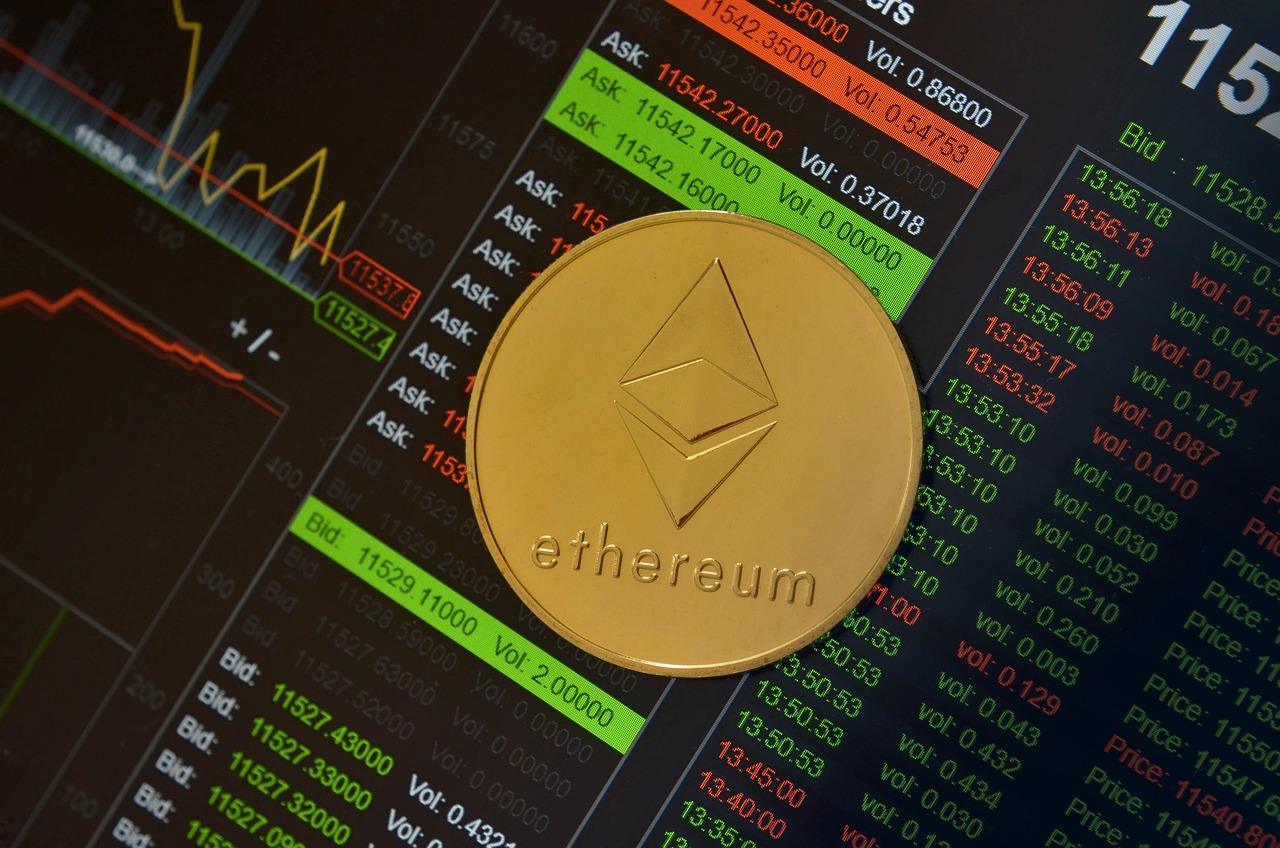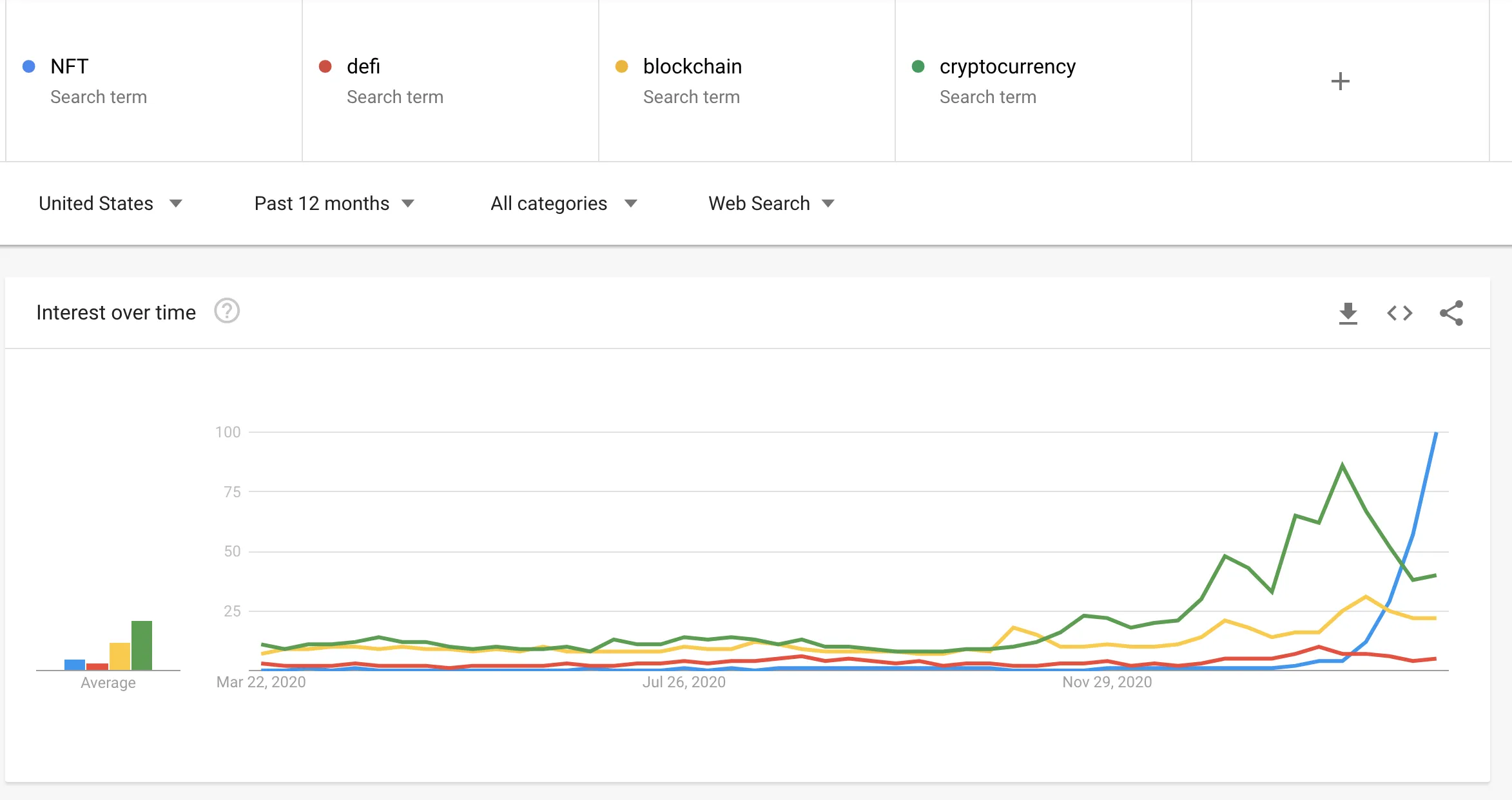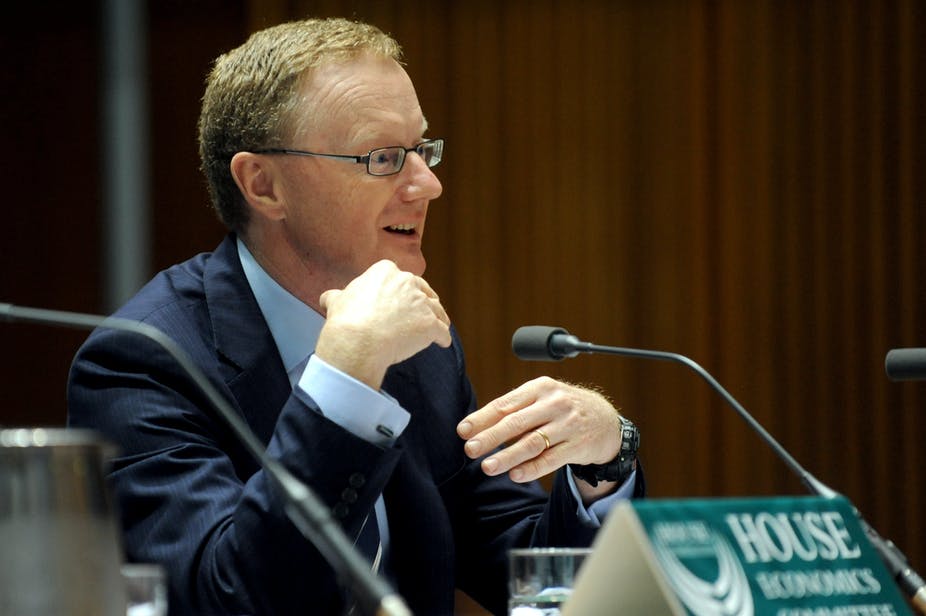Brazil has become the second jurisdiction to approve a Bitcoin exchange-traded product (ETF) after Canada.
QR Capital, the company behind the ETF, announced on Friday that the country’s Securities and Exchange Commission (Comissão de Valores Mobiliários or CVM) approved its application for a Bitcoin ETF. This authorizes the listing of the cryptocurrency investment product on the Brazilian Stock Exchange (B3).
First Bitcoin ETF in Latin America
The Bitcoin ETF, dubbed QBTC11, is the first-of-its-kind crypto product to go live in Latin America. According to QR Capital, QBTC11 would enable qualified investors to participate in the Bitcoin market without having to custody the cryptocurrency itself. Basically, cryptocurrency ETFs are designed for investors, especially institutions, who seek exposure to cryptocurrency but don’t want to worry about keeping them safe.
“With this safeguard, investors gain even more legal certainty to add Bitcoin to their portfolios in the most professional way possible. But, more importantly, the QBTC11 places Brazil at the epicenter of the most modern financial regulation,” the company wrote.
The Bitcoin ETF tracks the cryptocurrency index of CME CF Bitcoin Reference Rate and real-time price benchmark CF Benchmarks.
US, Australia yet to Approve its First Bitcoin ETF
The United States and Australia are two other popular countries that are yet to approve a Bitcoin ETF application. Already, the Canadian regulators have greenlighted about three Bitcoin ETFs.
The Australian Securities and Investments Commission (ASIC) previously rejected a Bitcoin ETF application by Cosmos Capital, a digital asset management company. However, on February 12, the regulator said the application didn’t meet the regulatory requirements, adding that they are open to accepting Bitcoin-linked ETFs, provided rules are in place to protect investors.
Meanwhile, the United States is on the verge of seeing its first ETF approval. Recently, the SEC published VanEck’s Bitcoin ETF application. This means the regulator has less than 45 days to either accept or reject the application.

